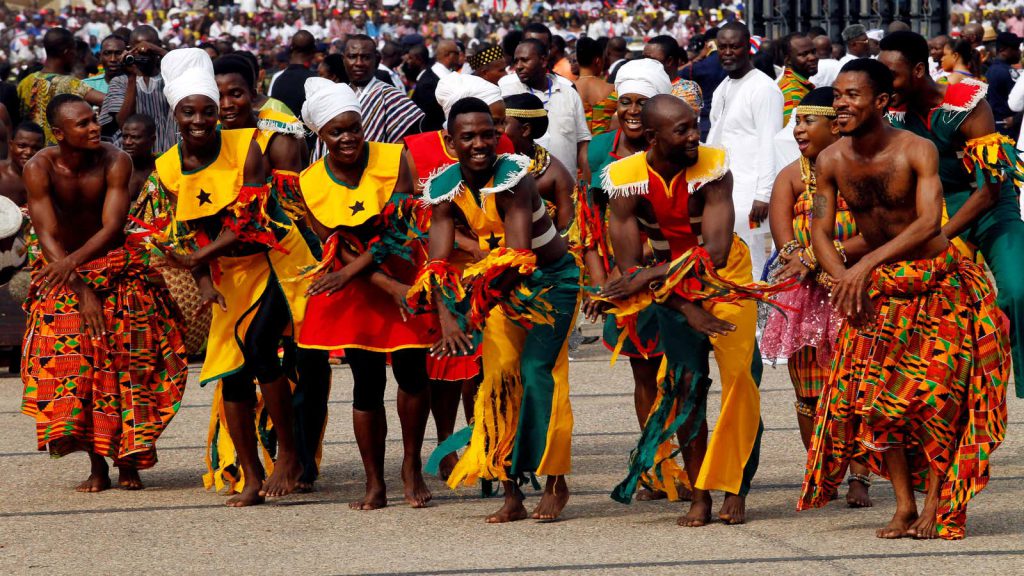Longevity, influence and the social media trap: Who do we trust with our health?
In a world where six-pack abs are flaunted more than six-point health plans, who are we really trusting […]

Ghana, a West African nation, has long been celebrated for its rich cultural tapestry, with textiles and fashion playing an integral role in its historical narrative. The vibrant colours, intricate patterns, and deep-rooted symbolism woven into each fabric tell tales of ancient kingdoms, spiritual beliefs, and communal ties. This is not merely fashion; it’s a living testament to Ghana’s history and identity, each thread echoing the pulse of its people.
As the global fashion industry witnesses an era of change, pivoting towards sustainability, ethics, and cultural recognition, Ghana stands out as a beacon. Its age-old textile traditions, combined with modern design sensibilities, paint a picture of how tradition and innovation can harmoniously coexist. It’s a world where the rhythmic loom beats of kente weavers harmonise with the ambitions of young designers, charting the course for a fashion-forward future rooted in heritage.
In recent years, the interest in traditional textile production techniques has been regained, focusing on reviving, and preserving Ghana’s heritage. Artisans and designers embrace traditional weaving, dyeing, and printing techniques to create unique and culturally significant fabrics like kente, adinkra, and batik.
Many incorporate traditional elements, patterns, and motifs into their designs, giving them a distinct African flair and contributing to Ghanaian fashion’s global popularity.
The increase in using organic and recycled materials, eco-friendly production methods, and promotion of fair trade and ethical labour has positioned Ghana as a leader in sustainable fashion within Africa.
Also, there has been a rise in local labels and established fashion businesses. This entrepreneurial spirit has led to the growth of fashion incubators, workshops, and mentorship programmes that provide support and resources for emerging fashion talents.
Access to local and international markets such as fashion weeks, trade shows, and exhibitions is crucial for local fashion production in Ghana and the rise of E-commerce platforms and online marketplaces has also provided a global reach for Ghanaian fashion brands.
With global recognition, local fashion production’s social impact grew, playing a vital role in poverty reduction, skill development, and community development, as it creates job opportunities at various levels of the value chain.
The importance of local fashion production in Ghana is enormous as it contributes to the country’s economy, cultural heritage, and the promotion of sustainable and ethical fashion practices.
Like, share, and subscribe for our next exciting episodes.

In a world where six-pack abs are flaunted more than six-point health plans, who are we really trusting […]

In the era of social media, post-COVID, and with mental health at the forefront, a shift is taking […]